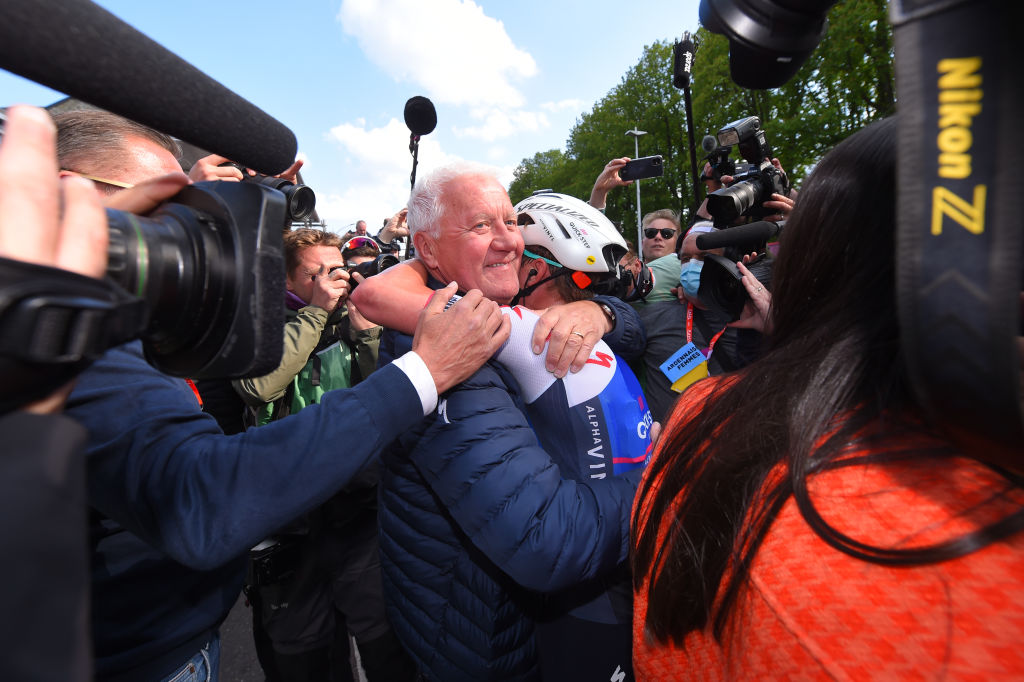Sutton defends Wiggins' TUE use for marginal gains
David Millar suggests Team Sky were gaming the system
The latest race content, interviews, features, reviews and expert buying guides, direct to your inbox!
You are now subscribed
Your newsletter sign-up was successful
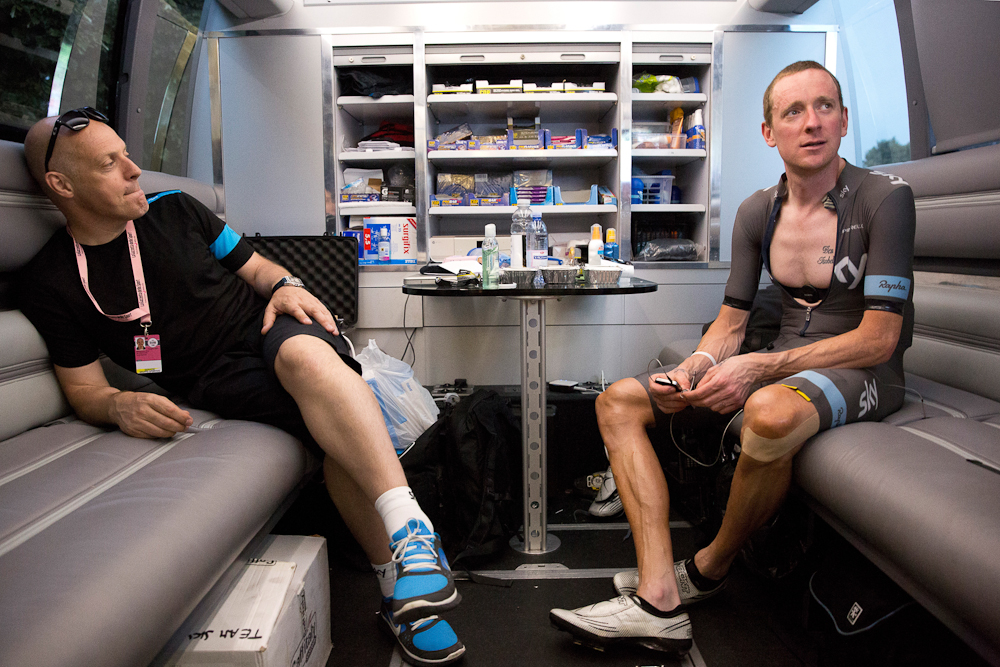
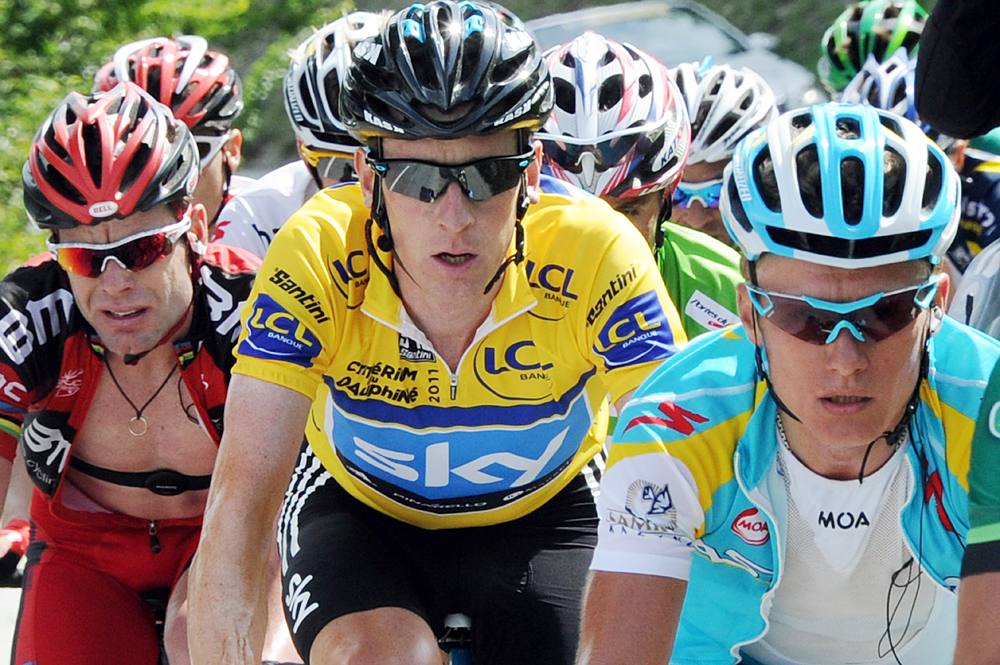
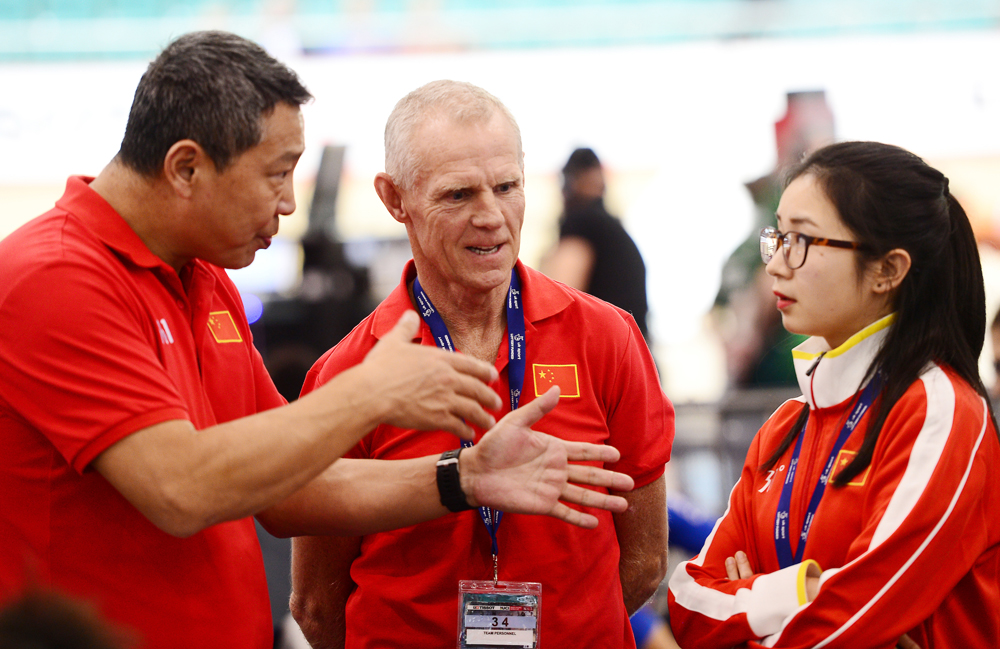
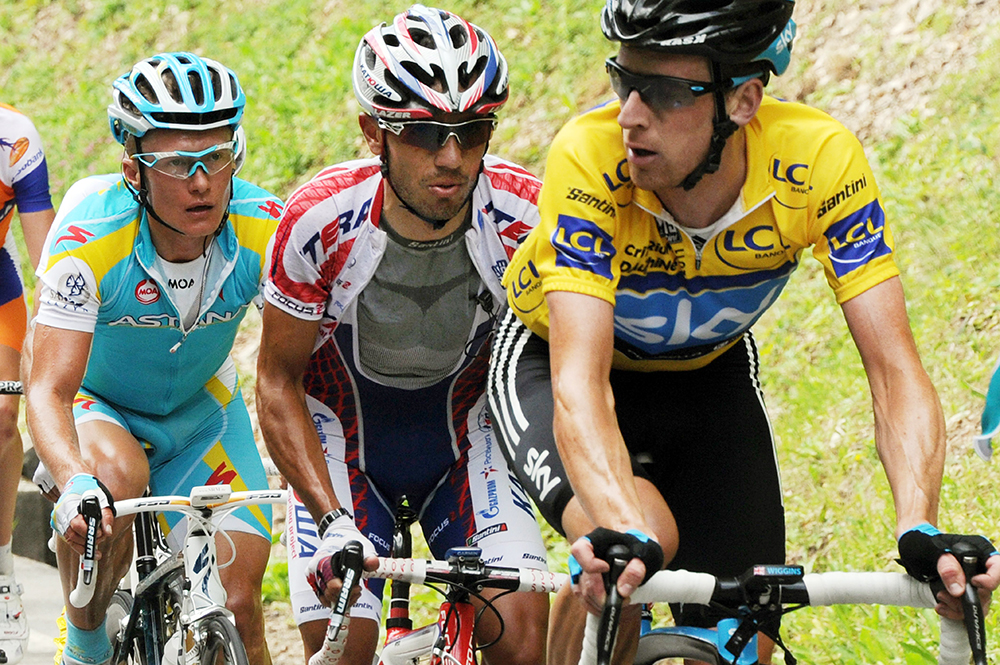
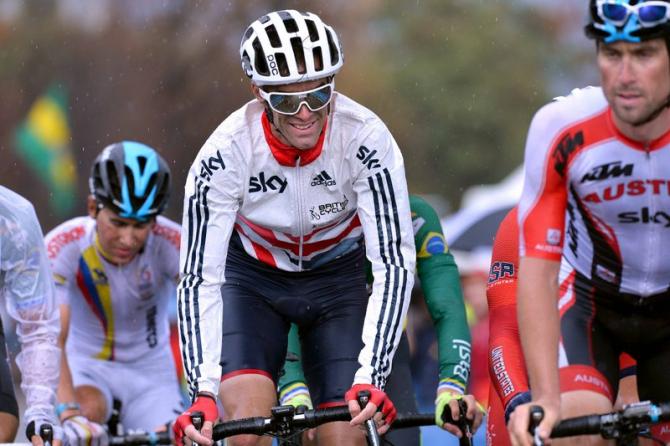
Shane Sutton, once Bradley Wiggins' coach and mentor, and the former technical director of the Great Britain team, has reportedly told a BBC documentary due to be aired on Sunday that he regarded Therapeutic Use Exemptions (TUE) as a legitimate way of finding "marginal gains" while staying within anti-doping rules.
Timeline of UKAD investigation into Team Sky and British Cycling
Bradley Wiggins: UKAD investigation felt like a witch hunt
Bradley Wiggins, Team Sky and UKAD's report – Podcast
Bradley Wiggins: The package was never delivered to me
WADA president disappointed by Sutton's TUE comments
Bradley Wiggins' TUE case highlights crisis facing anti-doping authorities
The TUE system to obtain treatment with medicines that contain banned substances has been used and often abused in cycling. The UCI improved its medical governance in 2013, leading to a dramatic reduction in the numbers of TUEs approved each year.
In 2016, a leak by hackers known as Fancy Bears revealed that Wiggins and Team Sky obtained a TUE to use the powerful corticosteroid triamcinolone in 2011, 2012 and 2013 before he raced in Grand Tours. A medical consultant prescribed Wiggins triamcinolone to help control his pollen allergies. However, the drug is widely viewed as performance enhancing and is on the banned list if not used with a TUE.
Sutton made his claims about TUE use during an interview for a BBC documentary titled Britain's Cycling Superheroes: the Price of Success, which investigated the controversies that have beset Team Sky and British Cycling in the past 14 months.
The Guardian and the BBC report that Sutton, who is now a coach for the Chinese track team, said: "If you've got an athlete that's 95% ready and that little 5% niggle or injury that's troubling them, if you can get the TUE to get them to 100%, of course you would in them days.
"The business you're in is to give you the edge on your opponent and ultimately it's about killing them off but you definitely don't cross the line and that's something we've never done."
Asked if "finding the gains might mean getting the TUE", Sutton repeated the question, before adding: "Yes, because the rules allow you to do that."
The latest race content, interviews, features, reviews and expert buying guides, direct to your inbox!
The BBC documentary is set to be aired just a few days after UK Anti-Doping (UKAD) revealed it had closed its investigation into allegations of wrong doing at Team Sky because it had been unable to find definitive evidence on the contents of the Jiffy bag delivered to Team Sky at the Critérium du Dauphiné in 2011.
It has been alleged the package contained triamcinolone. Team Sky and team doctor Dr. Richard Freeman said it contained Fluimucil but were unable to prove this due to a lack of medical records. Freeman has refused to face questions citing illness and claims his computer containing his medical records was stolen.
Wiggins has always denied that he had committed any wrongdoing and described the UKAD inquiry and the media reports of events as a "malicious witch hunt".
Brailsford in favour of TUE use, Millar suggests Team Sky were gaming the system
Wiggins had never talked about his TUE and injections before the Fancy Bears leak but has claimed he took triamcinolone to avoid suffering with serious pollen allergies as he targeted the Tour de France and Giro d'Italia during the peak of his career.
Team Sky manager Dave Brailsford, who was also interviewed for the BBC programme claimed the process had been above board.
"If an athlete is hampered by an illness and there is a medication they can have and the TUE criteria are met, then they should [have it]. If Wada and the UCI signed this off and it was all absolutely clear and above board then I was comfortable with that," he is reported as saying.
David Millar, who doped during his own professional career with triamcinolone, but who has since taken a strong stance against doping in cycling, was critical of Team Sky's previous use of the TUE system.
"They were gaming the system. I think that's quite obvious. I think we all know that. It's just hugely disappointing," he reportedly told the BBC documentary.
"Team Sky were zero tolerance, so you would think that zero tolerance would mean you weren't going to tread into that very grey area which is cortisone use. When I heard that, a little bit of me died to be honest."

